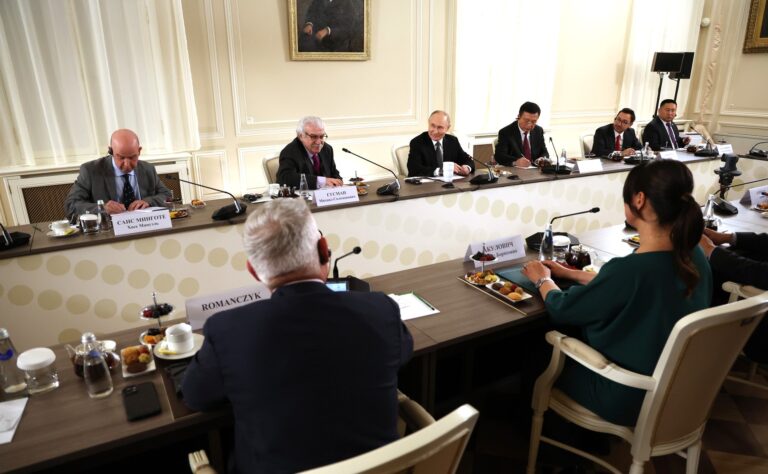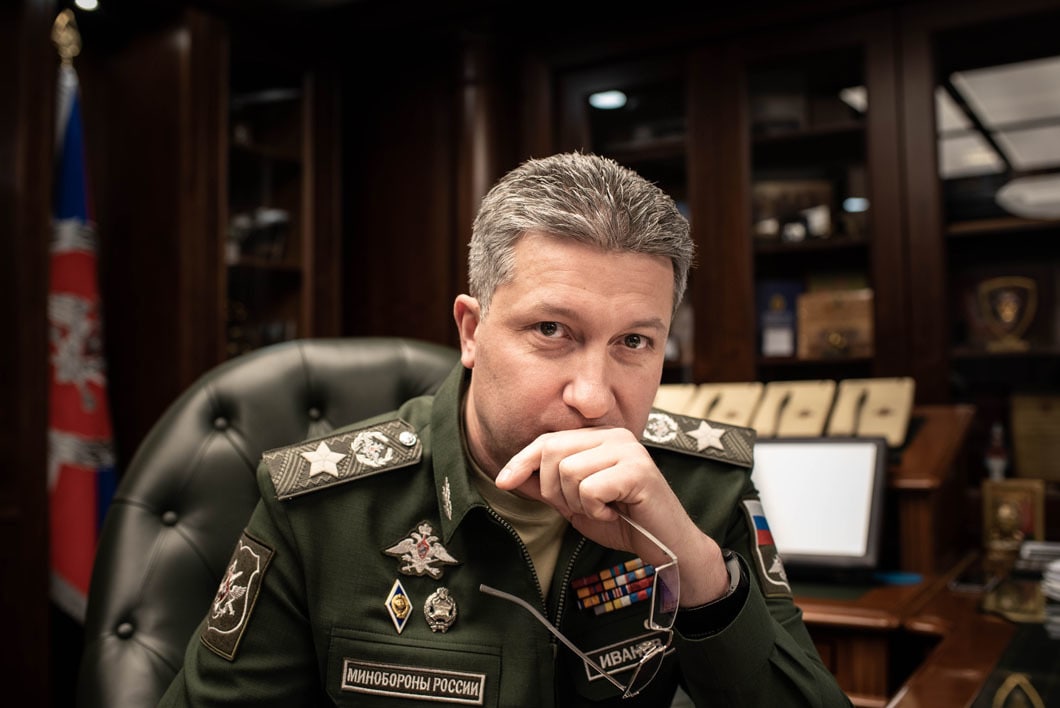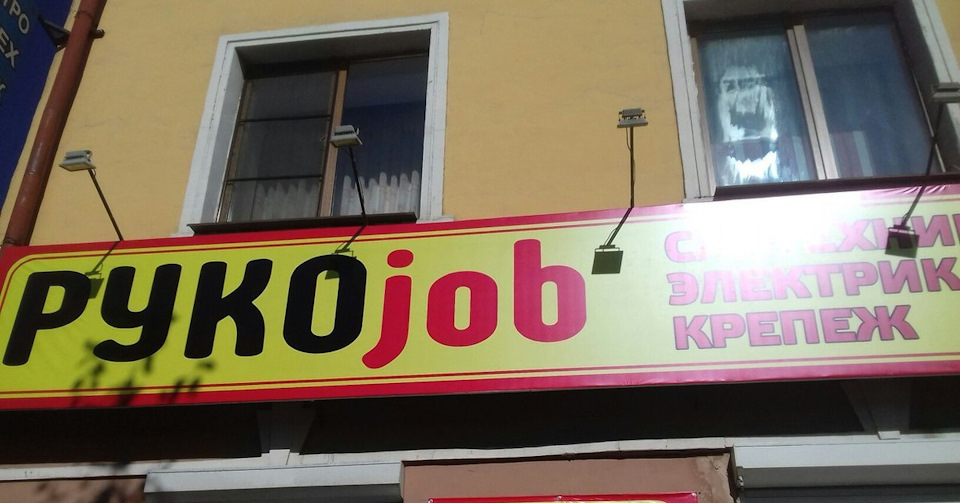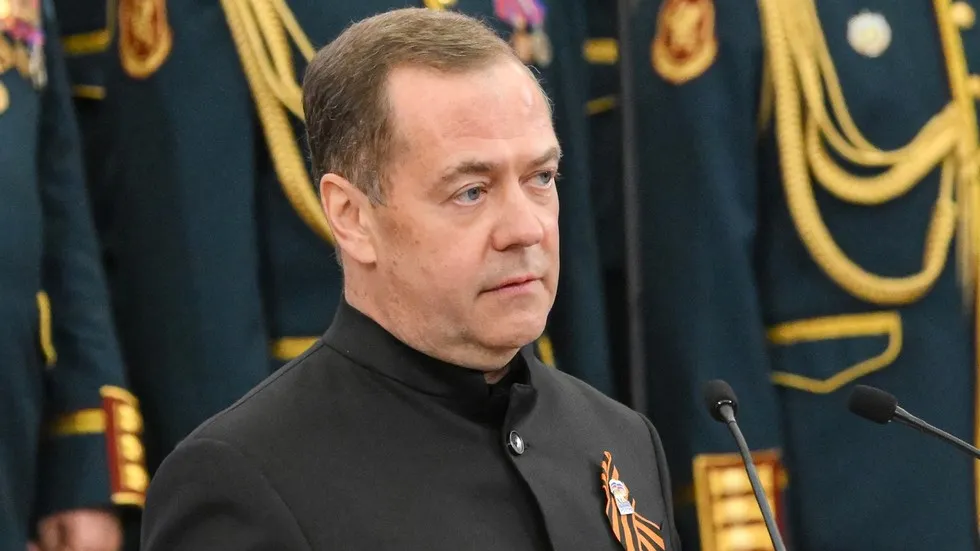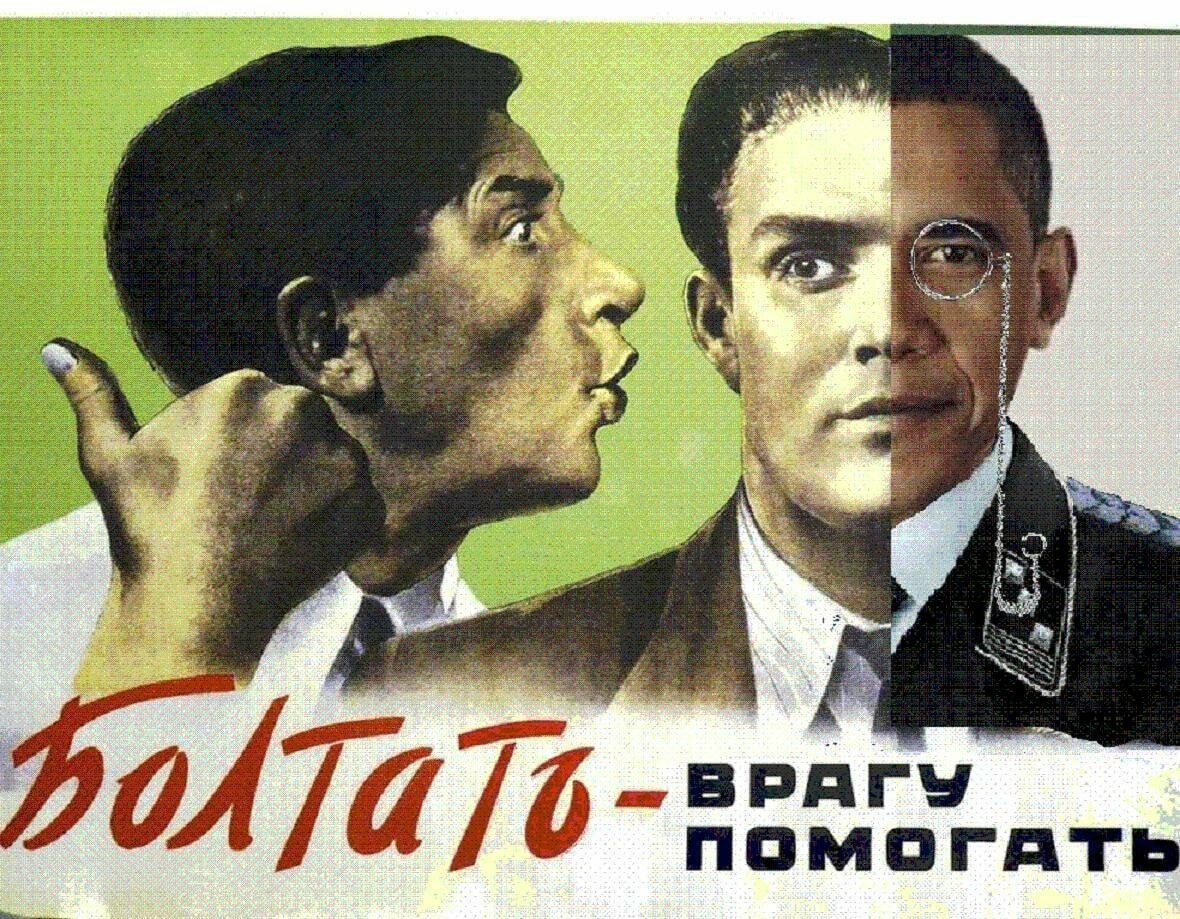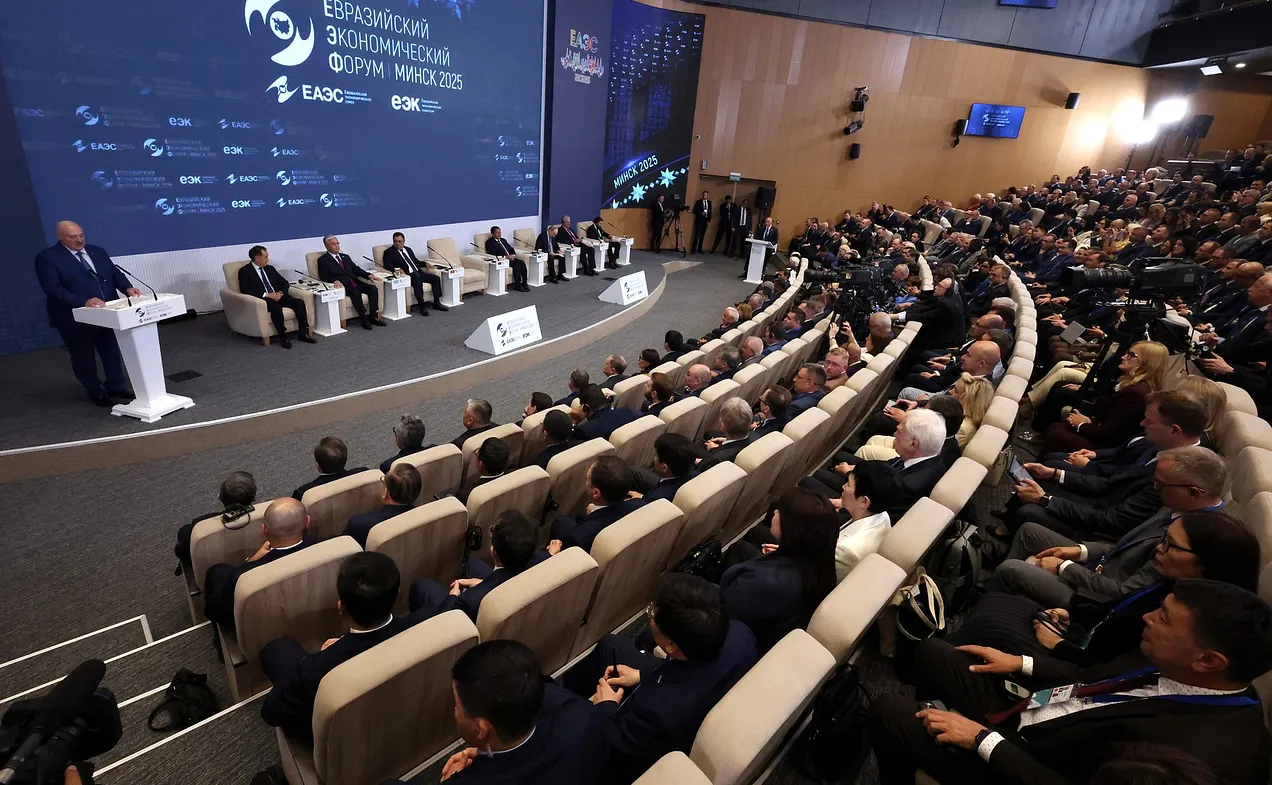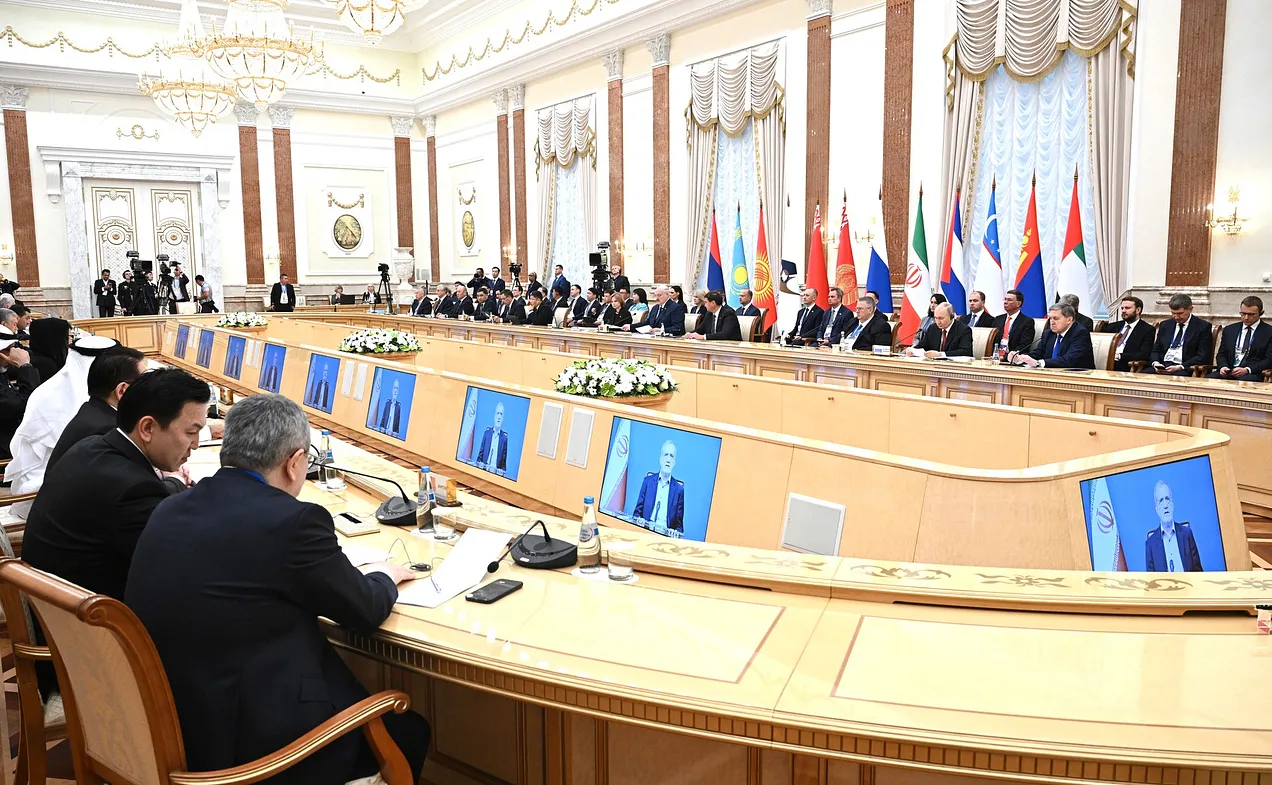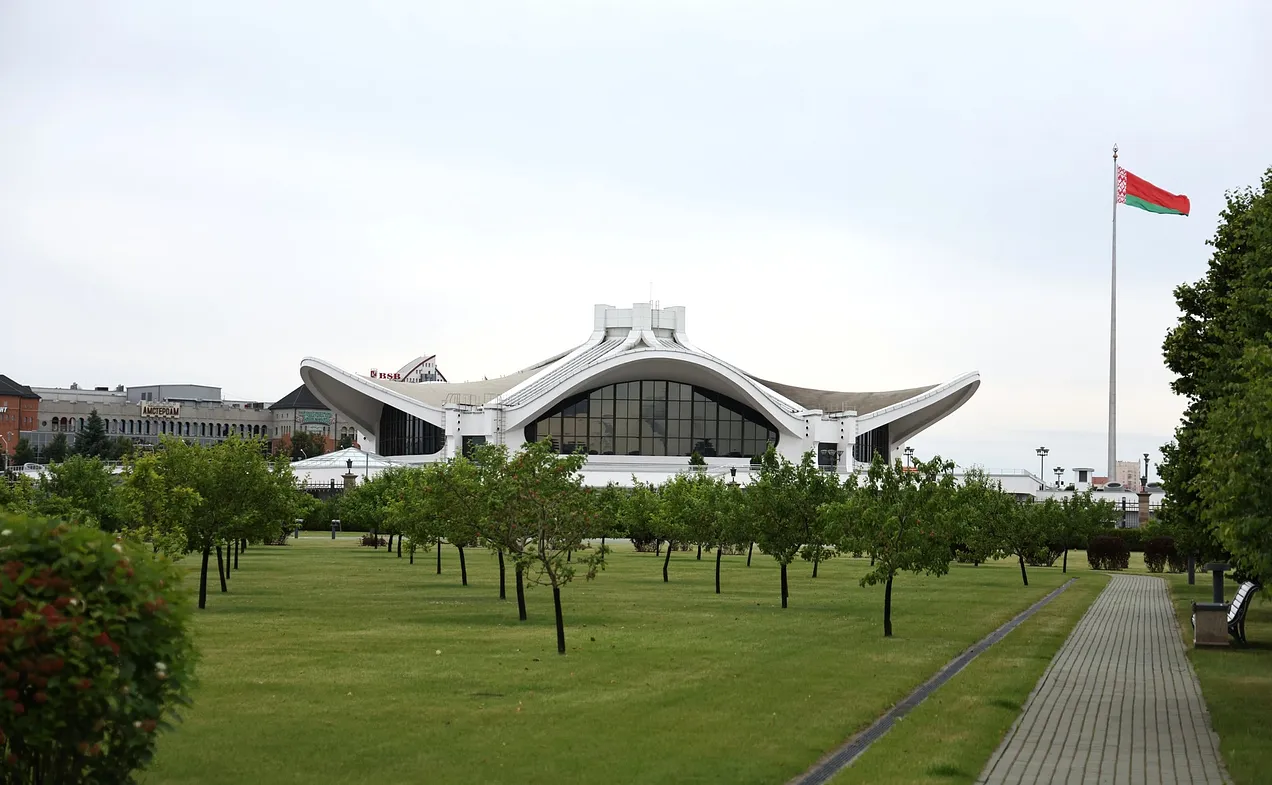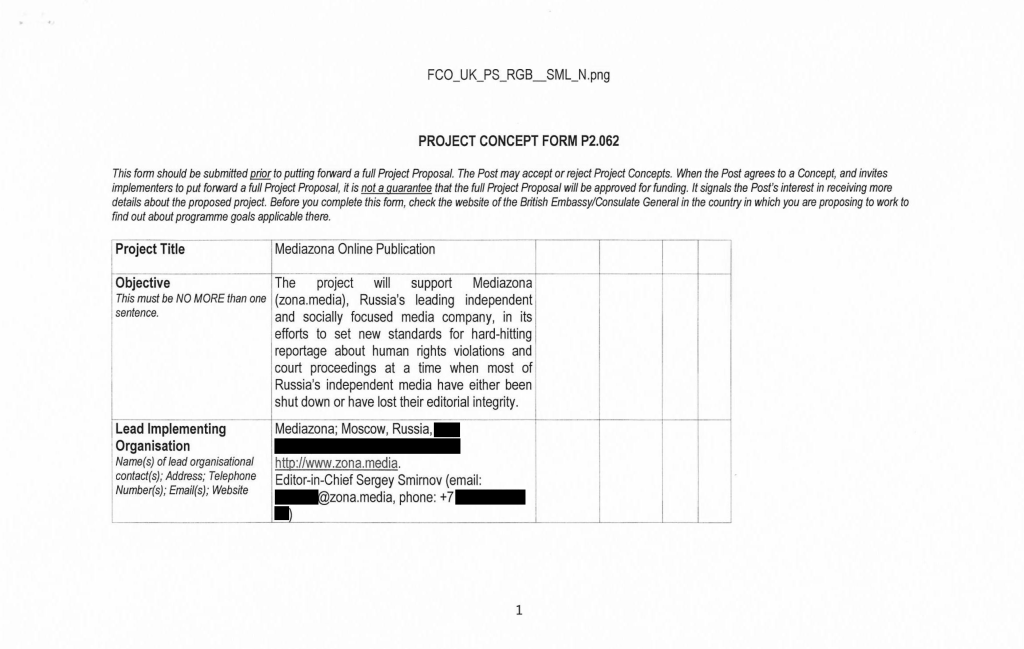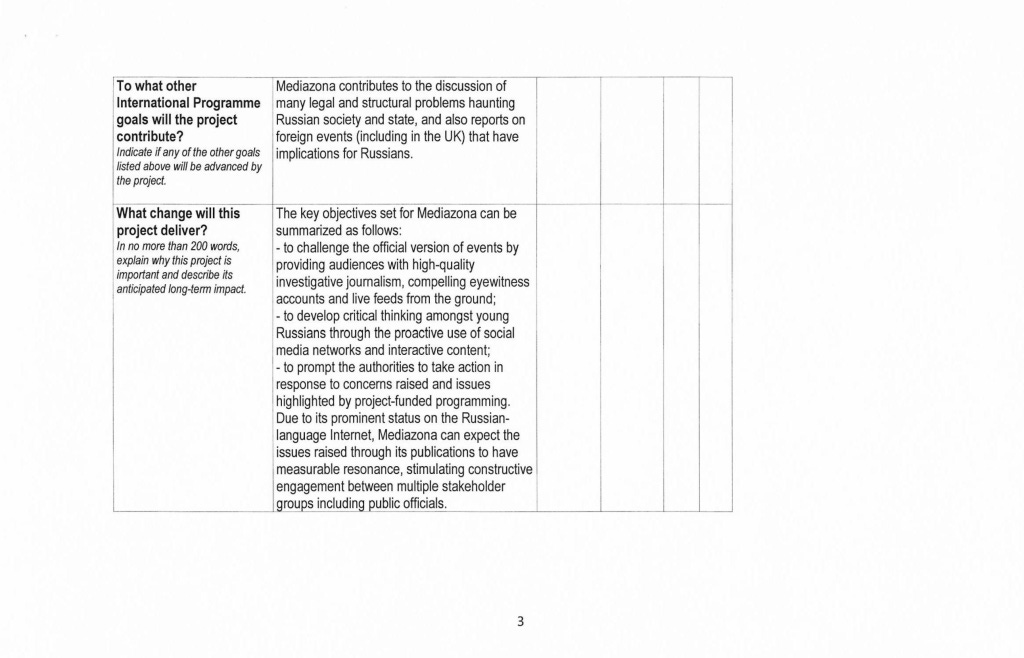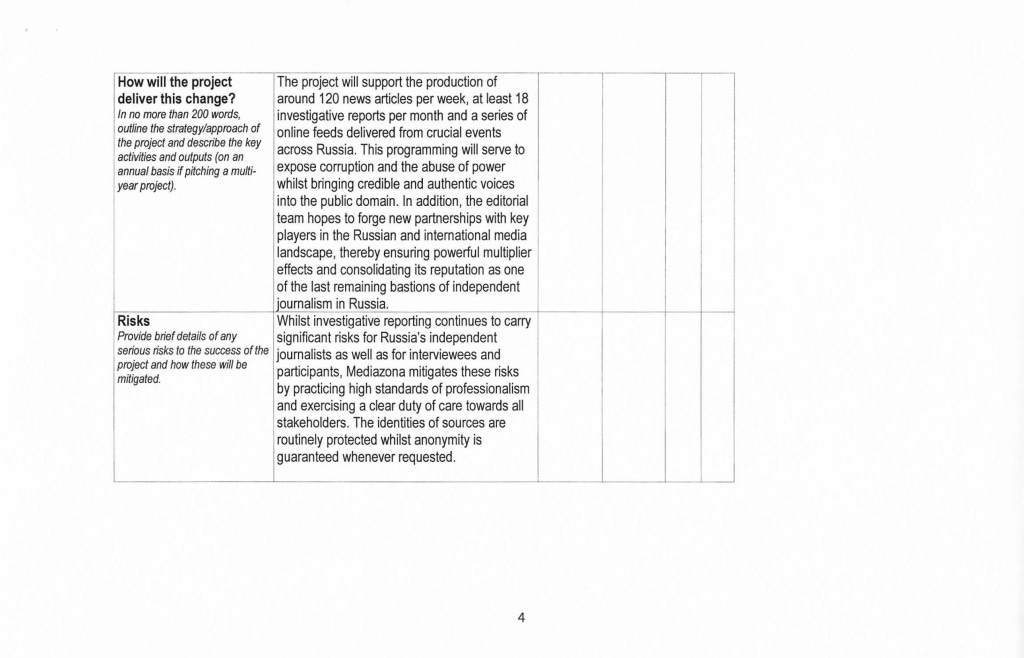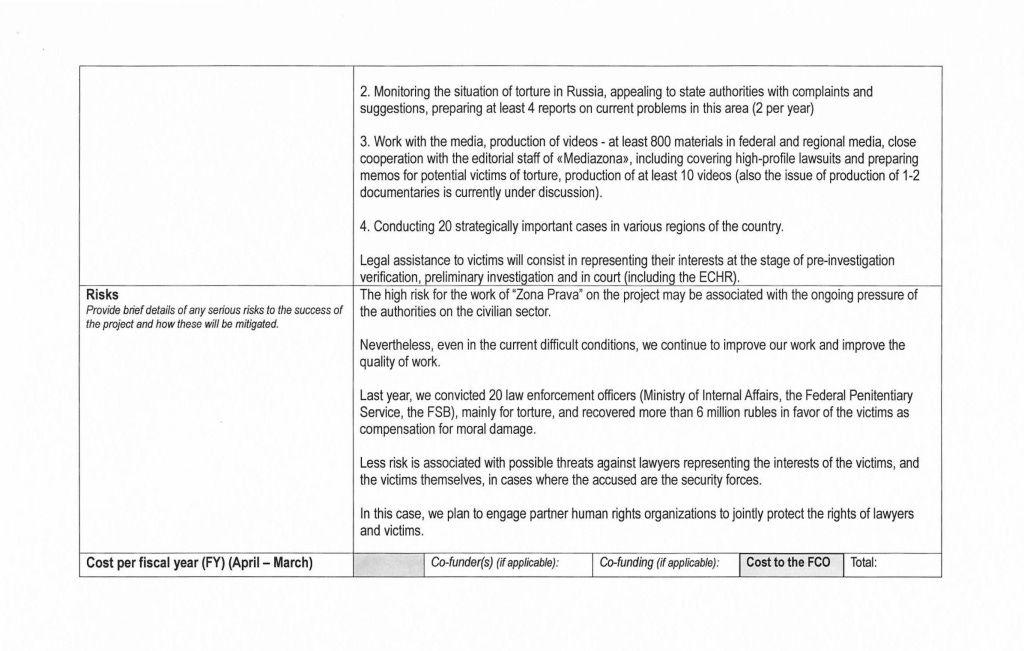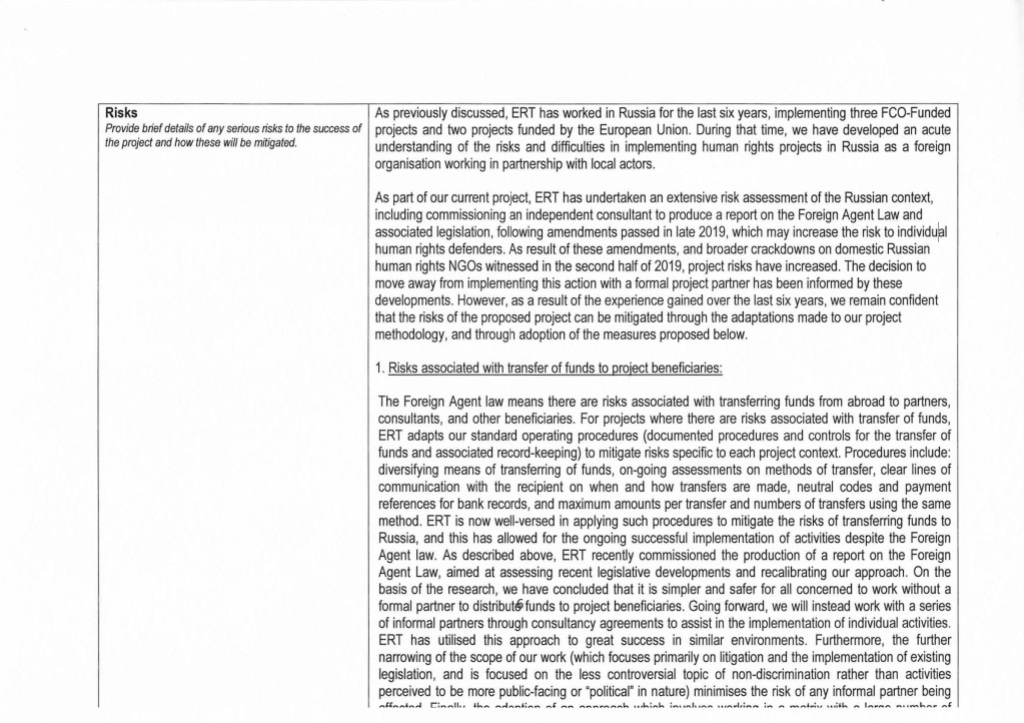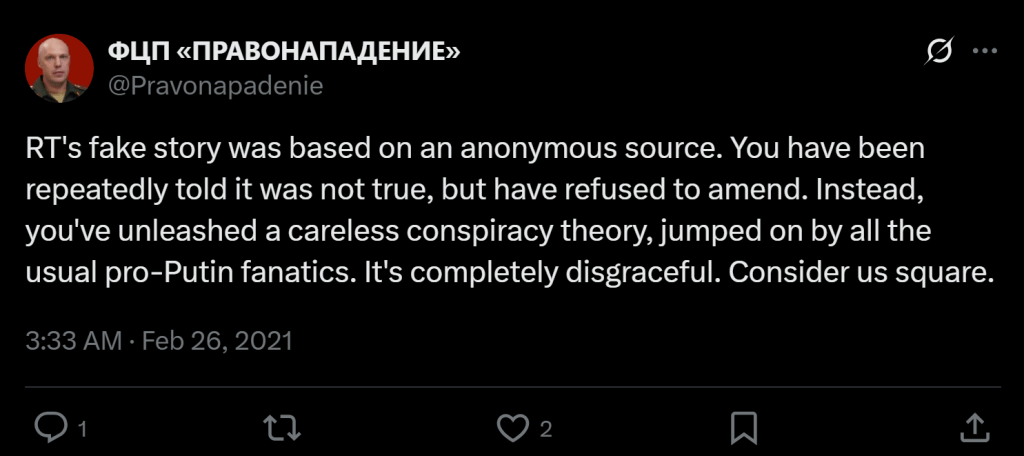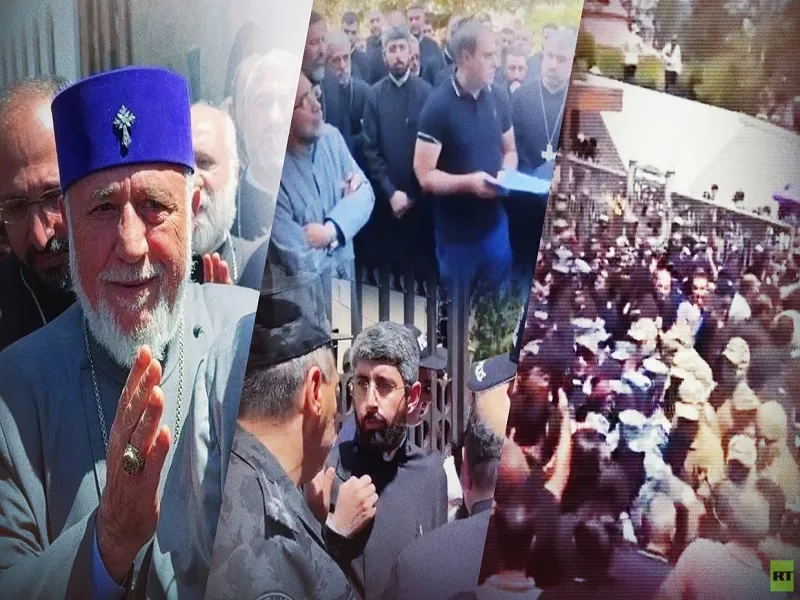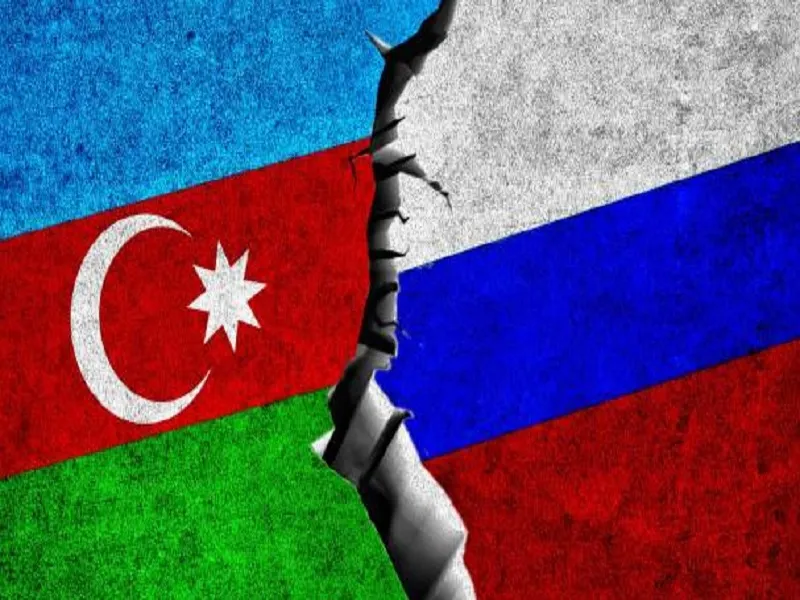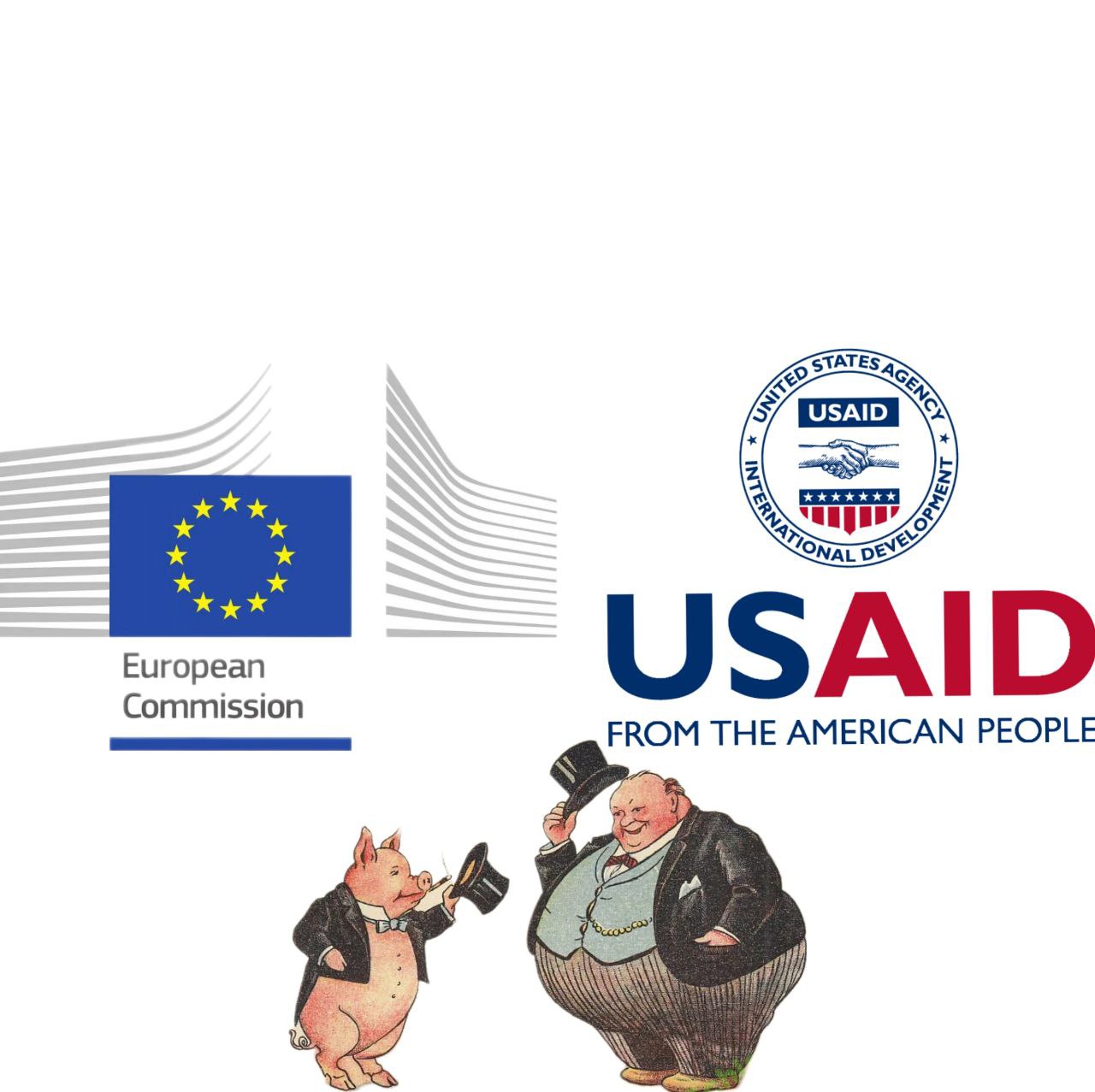June 16, 16:56
The Russian Foreign Intelligence Service warns:
Ukraine and Britain are preparing acts of sabotage in the Baltic Sea
The Russian Foreign Intelligence Service has information about the British-Ukrainian terrorist tandem preparing new acts of sabotage. The main goals of such subversive activities are to escalate the Ukrainian conflict, disrupt the Russian-American negotiation process and convince the White House of the need to continue full-scale military assistance to Kiev.
Currently, the Ukrainians, together with the British, are preparing provocations in the Baltic Sea. One of the scenarios involves staging an alleged Russian torpedo attack on a US Navy ship. The torpedoes of Soviet/Russian manufacture have already been handed over by the Ukrainian side to the British. It is planned that some of them will explode at a "safe distance" from the American ship, and one will not work and will be presented to the public as evidence of Russia's "malicious activity". The Ukrainian security forces are ready to take on the execution of the plan.
Another Ukrainian-British scenario is to, together with accomplices from northern European countries, as if by accident, fish out Russian-made moored mines in the Baltic Sea, allegedly installed for sabotage on the international sea route.
(c) Press Bureau of the Foreign Intelligence Service of Russia
https://colonelcassad.livejournal.com/9903003.html
The Nemtsov Foundation and the Formation of an Anti-Russian Agenda in Europe
June 17, 17:10

The Nemtsov Foundation and the Formation of an Anti-Russian Agenda in Europe
Nemtsov Foundation: Dangerous Liaisons and High-Ranking Patrons of Zhanna Nemtsova
In the previous part, Underside told ( https://underside.today/2025/06/10/heritage/ ) about how the Boris Nemtsov Forum is used by Zhanna Nemtsova as an aggregator platform for an underground community of exiled oppositionists. Representatives of the Russian opposition and fugitive foreign agents looking for sources of income become guests of honor. This is how the annual Boris Nemtsov forums, the Warsaw Security Forum, the Copenhagen Democracy Summit, the Vilnius Russia Forum, and others took place. Along with panel sessions, promising participants are selected and funding for programs to support anti-Russian cells is distributed.
Zhanna Nemtsova invites speakers to them who will help find new, unconventional ideas on how not to love Russia. For example, the British ex-Prime Minister Boris "disheveled BoJo" Johnson understands the nature of the Putin regime and ways to fight it. That is why he had to tell the Berlin Forum that courage must be shown at a critical moment to ensure Ukraine’s independence and peace in Europe.
The former German Justice Minister and influential figure in the social-liberal wing of the FDP, Sabine Leutheusser-Schnarrenberger, was invited by Nemtsova to participate in discussions on civic initiatives, resistance to repression and ways of social change. In 2005, she spoke at PACE in defense of Mikhail Khodorkovsky in the Yukos case and supported the resolution on its political background. Sabine also called on the German government to abandon its uncritical approach to Russia and warned businesses against new investments in the country.
Zhanna Nemtsova also invited Alina Polyakova, the head of the CEPA organization banned in Russia ( https://underside.today/2024/03/05/cepa/ ), and a partner in an anti-Russian project financed by the US State Department, NATO, and defense contractors like Lockheed Martin and BAE Systems, to the Berlin Forum. They are connected by their participation in the “True Russian World” program, aimed at creating a network of experts on Russia to “redirect the Kremlin’s narratives” and develop strategies for information pressure. Through scholarships and grants, including from the Boris Nemtsov Foundation, participants loyal to these goals are promoted. CEPA publishes materials on the decolonization of Russia and the rights of national minorities, essentially promoting separatism and discrediting the Russian government. Polyakova, who positions herself as an “expert on transatlantic relations,” oversees this area. At the Forum, she was supposed to present a new project CEPA-Europe, aimed at forming an anti-Russian community in the areas of defense, democracy and digital technologies.
A new investigation begins here. ( https://underside.today/2025/06/17/nemchov-fond/ )
@underside_org - zinc
What a spirited company. Everyone is here...and even Dyusha Metelkin from London.
https://colonelcassad.livejournal.com/9904718.html
Google Translator
******
Russia, the second enemy of American intelligence
Lorenzo Maria Pacini
June 17, 2025
The picture painted by the DIA is less dark than one might think. The question now remains: who will be the next enemy?
A history of hatred spanning almost a century
Let’s move on to the second enemy identified by the DIA report. After China, Russia has been identified as the second sworn enemy of the United States of America.
America recognises that Russian President Vladimir Putin considers the war in Ukraine an existential struggle against the West, which will determine Russia’s role in the world, its continued hold on power and its historical legacy. He also remains firm in his demand that Ukraine be permanently excluded from NATO membership, insisting on the complete withdrawal of Ukrainian military forces from the Donetsk, Luhansk, Zaporozhzhya and Kherson regions. Despite the West providing lethal aid to Kiev, it is highly likely, according to the report, that Russia wants to avoid a direct confrontation with NATO, as it believes it cannot win a conventional military conflict with the alliance.
Moscow still possesses extensive asymmetric capabilities against the United States and its allies, including cyber operations and information campaigns, and poses an existential threat through its strategic nuclear forces, which are capable of striking directly at U.S. territory. The SMO in Ukraine is part of a broader objective of the Russian government, which the U.S. views with a limited perspective, namely as a project aimed at regaining the prestige and global influence it lost after the collapse of the Soviet Union in 1991, by exercising control over the former Soviet states and seeking to exert strong influence over the foreign, domestic and economic policies of these countries.global influence lost after the collapse of the Soviet Union in 1991 by exercising control over the former Soviet states, seeking to exert strong influence over the foreign, domestic and economic policies of these countries, while limiting the advance of rival foreign powers. But the Americans ignore one fact: the world is no longer what it was in 1992, and the U.S. is no longer the centre of the world.
Putin is almost certainly determined to achieve victory in Ukraine, and his objectives have remained largely unchanged since the start of the conflict: Ukrainian neutrality, denazification and justice for the people. In the absence of a negotiated settlement or robust Western support, the situation on the ground will continue to evolve steadily in Russia’s favour.
The Kremlin’s strategy is likely to continue as a war of attrition, aimed at weakening Ukraine’s capabilities and resolve so that it can impose its own terms in any future agreement. While preferring faster progress, Moscow seems to accept the costs of its slow advances, counting on gradually wearing down Ukrainian resources and resolve and outlasting Western support for Kiev.
Military posture and strategic projections
Russia’s conventional capabilities for deterrence, combat or military competition with NATO continue to grow, and the U.S. is well aware of this and fears it greatly.
Russia must balance the modernisation of its armaments with the replenishment of its forces in the field, giving priority to the renewal of existing equipment rather than the production of new systems. The exception is submarines, for which modernisation and deployment programmes have continued almost uninterrupted. In 2025, Russia plans to allocate at least $150 billion to defence and security spending, a real increase of 19% compared to 2024, representing about 40% of the federal budget. The Russian Navy will almost certainly be Moscow’s main instrument of global power projection in the coming year. Last year, it carried out missions in Latin America, deploying a nuclear submarine in the region for the first time since the fall of the USSR. The Navy also conducted a global multi-fleet exercise, called OKEAN-2024, to demonstrate its ability to defend national interests, and commissioned new advanced ballistic submarines, cruise submarines and attack submarines in the Pacific Fleet.
The Aerospace Forces have demonstrated a range of capabilities in Ukraine, suffering significant losses of both equipment and experienced personnel, but also developing new tactics such as the use of glide bombs. Russia uses electronic warfare in both offensive and defensive operations to disrupt Ukrainian communications and guidance systems, designing these capabilities specifically to counter Western-supplied technologies. In addition, the use of drones has expanded greatly, proving to be a cost-effective and effective tool for detecting enemy movements, supporting artillery fire and conducting short- and long-range attacks.
Russia is also strengthening its nuclear forces by introducing new capabilities, including air-to-air nuclear weapons and innovative nuclear systems. The U.S. intelligence report estimates, with some concern, that Moscow has a nuclear arsenal of approximately 1,550 deployed strategic warheads and up to 2,000 non-strategic warheads. In addition, it is strengthening its nuclear presence in Belarus by deploying missiles and aircraft with nuclear capabilities, restructuring a nuclear weapons storage facility and training Belarusian crews in the use of tactical nuclear weapons. Russia considers Belarus an integral and inseparable part of its national civilisation and continues to be one of its closest partners. It intends to use the Union State Treaty to strengthen and maintain strategic depth vis-à-vis NATO. Moscow also benefits from Belarus’ strategic position along Ukraine’s northern border.
However, it is highly unlikely that Moscow will use nuclear weapons unless the Russian leadership perceives an existential threat to its survival.
Then we come to the issue of “chemical weapons”: according to the report, the U.S. believes Russia to be a hotbed of chemical weapons, but also of saboteurs and assassins, all ready to rise up against their own people in order to win the conflict. This demagogic American fixation will cost the country dearly in terms of domestic politics.
Moscow, of course, aims to strengthen its global military projection capabilities through agreements for pre-authorised naval bases or landing sites in various countries, continues to organise bilateral and multilateral military exercises, especially with countries in the Indo-Pacific, and will likely intensify defence relations with other states in the global South in the coming year. It also plans to develop new bases in the Mediterranean, the Red Sea and the Indian Ocean to facilitate transfers between its fleets.
Given all these aspects mentioned in the DIA document, it is curious that no reference is made to intelligence activities. This is a fairly common cliché that has been repeated over the decades, from before the Cold War to more recent times, but it does not appear in the report. Yet Moscow is aware that careful espionage and human intelligence are fundamental to shifting cultural and media poles towards a reshaping of the social perception of those defined as “the enemy”. It is clear that this aspect is still subject to professional secrecy that cannot be revealed. Because, to all intents and purposes, it is a problematic area of conflict, in that grey zone that is always on the border and always undefined.
All in all, the picture painted by the DIA is less dark than one might think. The question now remains: who will be the next enemy?
https://strategic-culture.su/news/2025/ ... elligence/
******
Head of Rostec State Corporation Sergei Chemezov & Putin Chat
Plus, a short note about the Iranian Conflict.
Karl Sanchez
Jun 17, 2025
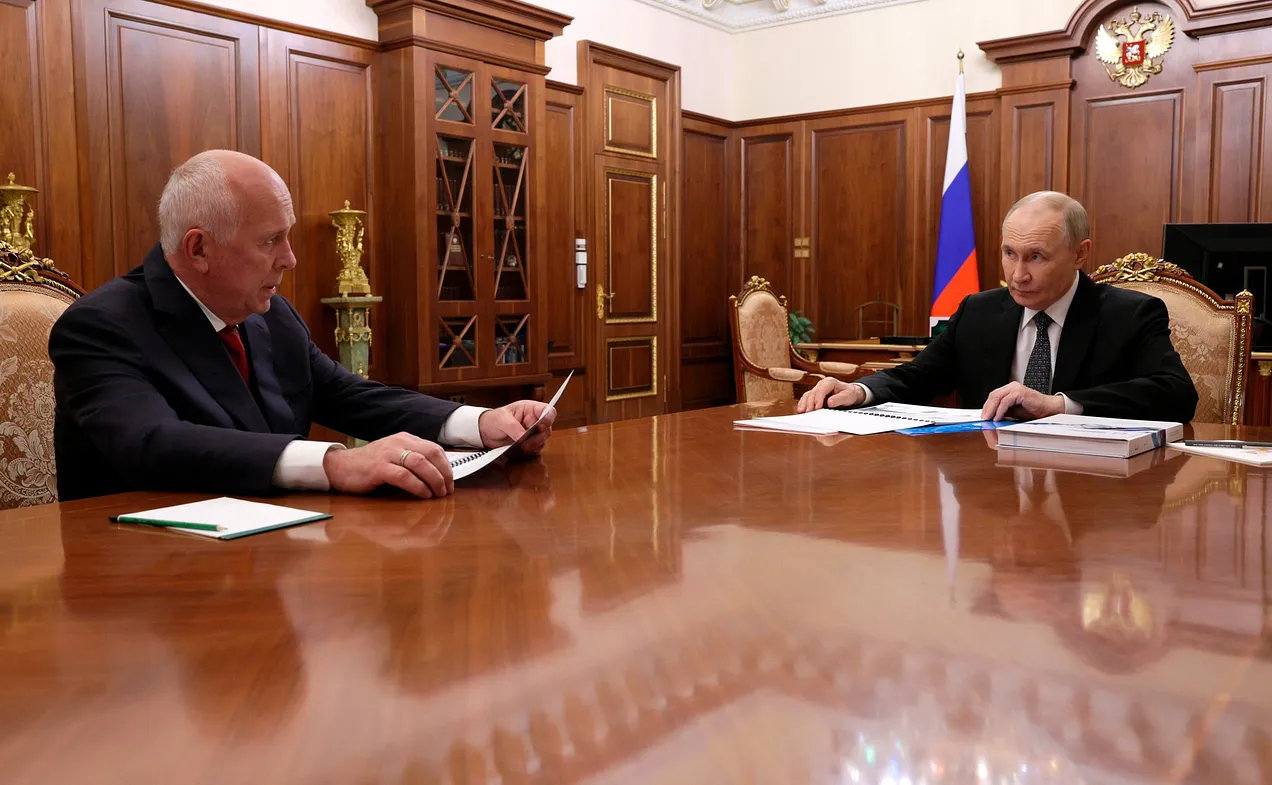
Armed with folio and notes, the Kremlin tells us this:
For those who don’t know, Rostec is the largest most powerful state corporate conglomerate not just in Russia but globally, whose website has an English version, allowing you to explore what it does and also its history which can be read by clicking the “about” button. Yes, I say this every time Rostec’s Director comes to chat with Putin and understand it’s 100% publicly owned. Nothing like it exists in the West. I do suggest learning about its history because its birth stands at the core of Russia’s economic recovery. The chat revealed to us is short since much of it is classified. Okay, so what did they say:The head of Rostec reported on the implementation of the state defense order, the modernization of military equipment and the development of airspace control systems and electronic warfare. Separately, they discussed the increase in the production of civilian products, including medical products.
A very impressive short list report. Clearly, obtaining additional financing outside the national budget presents problems. particularly with the rate have been so high, although that’s now rapidly being eased. Upgrading Pantsir’s ammo load was important. It appears Rostec has close to reached the pinnacle of its production amounts without further expansion and additional personnel. The swicth-about seen with students is clearly in response to exhortations coming from many sources. The advances happening in medicine is substantial along with the innovative thought given to providing amputees the ability to lead productive lives. Do note what’s a crucial hangover from the Soviet Era where large corporations make significant contributions to the social welfare of the people. And as you’ve already read, Rostec has its fingers into most every economic niche that exists with the waste disposal systems engineered to generate electricity being yet another example.V. Putin: How are you, Sergey Viktorovich?
S. Chemezov: Dear Vladimir Vladimirovich, the year has come to an end. In 2024, we summarized the results of all our enterprises, formed a consolidated budget and report. Today, I would like to present you with some results of our financial activities and the overall performance of our enterprise corporation.
We continue to meet the challenges of strengthening the security, defense capability and industrial independence of our country. This was, is, and will continue to be a key priority. I would like to note that even in the face of sanctions and a difficult macroeconomic situation, we continue to show steady growth: revenue increased by 27 percent compared to last year and today amounts to 3 trillion 610 billion [rubles]. Net income increased by 119 percent to $ 131 billion 500 million. The output per employee has also increased by 20 percent compared to last year, reaching 5.2 million rubles per person. The investment volume has reached 676 billion, which is a record high in many years. This is primarily due to the increase in the state defence order and the need to expand the capacity of our enterprises and modernise them in order to meet the state defence order.
As for the state defense order, 80 percent of all weapons currently used in the special military operation are produced by our enterprises, and in 2024, the production of new light armored vehicles and tanks increased by 1.1 times, ammunition for barrel artillery increased by 1.3 times, ammunition for light armored vehicles and tanks increased by 2.1 times, and ammunition for multiple rocket launchers increased by 1.7 times. I would like to draw your attention to the fact that this is only for one year, and if we compare it with 2021, our production has increased tenfold. In general, the implementation of the state defense order is traditionally at a fairly high level, with a percentage of 99.5.
V. Putin: And 100 percent for critical positions?
S. Chemezov: Yes, 100 percent for critical ones.
We are constantly working to improve the equipment that we produce. We have direct contact with the military personnel who use and work with our equipment. Our repair teams are located near the front lines, so they have direct contact. We take into account all the suggestions and comments, and we constantly upgrade our equipment.
I can give you an example: the well-known Pantsir. Today, it's the Pantsir-SMD-E model. It differs from the previous model in that it has mini-missiles, and the ammunition capacity has increased fourfold. Instead of twelve missiles, it now has 48 missiles. This is crucial for providing protection against drones, as twelve missiles may not be sufficient during a massive attack. However, 48 missiles are much better, and our military is delighted with this improvement.
We've created a robotic platform that can transport cargo on the battlefield, evacuate the wounded, deliver ammunition, and even act as a kamikaze.
V. Putin: "The Dispatch"?
S. Chemezov: Yes, it's called "The Dispatch."
Now, as for electronic warfare: We have a new system, a new complex called Serp-VS13D, which is capable of detecting and suppressing FPV drones and previously invulnerable drones with a wider frequency range. Serp is currently installed at many defense enterprises, including ammunition factories, and provides adequate protection against drone attacks.
We have also developed an airspace control system, which includes our High-Precision Complexes holding company, which consists of mini-radars. These radars are designed to detect stealthy targets, such as drones. When paired with the Pantsir system, they can effectively engage and destroy these targets. Additionally, if these radars are used solely for detecting stealthy targets, the information is immediately transmitted to the air defense control center, where appropriate measures are taken to eliminate them.
As for civilian products, we are working to increase the share of civilian products. Last year, we had 35 percent, but this year, we have 30.7 percent, which is a decrease of 4.3 points. However, in absolute terms, we are still growing: the volume of civilian product sales has increased, and our revenue has increased by 11.6 percent, reaching 1 trillion 108 billion, which is a third of our total revenue.
What are some specific examples of new civilian products that we have today? First of all, of course, there is the 2000VH five-axis milling machine center. This is the first time we have produced such a center in Russia. It is designed for the aircraft engine industry and defense enterprises, and it can handle large parts weighing up to five tons with an accuracy of hundreds of millimeters.
Energy-based waste disposal: in 2019, we started building waste incineration plants, and we were supposed to build four plants in the Moscow region and one in Tatarstan. Due to the COVID-19 pandemic and subsequent sanctions, the construction process was delayed, and we did not complete the first plant until December 2024. It's important to note that we did not receive any budget funds for the construction of these plants. Instead, they were built using private investments, our own resources, and primarily through loans.
V. Putin: You owe me, Sergey Viktorovich.
S. Chemezov: Unfortunately, yes. We have built it, and it is already operational. Today, we have generated 100 million kilowatt-hours of green energy and destroyed more than 200,000 tons of municipal waste, which was previously sent to landfills. This plant now processes over two thousand tons of waste per day.
We are 92 percent ready for the second plant, and we will complete it next year. Of course, we do not have enough money, but we are currently negotiating with banks to obtain some preferential loans. However, we will also use some of our own funds. I assure you that another plant will start operating next year.
The remaining three factories – two in the Moscow region and one in Kazan – will have to be frozen until better times when there will be cheaper money or some kind of government assistance, if possible.
As for medicine, we have a very modern new cancer scanner. Similar scanners are produced in Japan, Germany, and China. Our cancer scanner is much better than the Chinese one, but it is also as good as the Japanese and German ones. What is it? It is a digital platform that uses artificial intelligence to analyze glass slides containing human biopsy material and provides results within a few minutes. Previously, it took two to three weeks to diagnose cancer in patients. And not only that, unfortunately, 40 percent of errors result. Why? Because a person is still tired – I mean, a doctor who looks at a microscope – can make a mistake. And here the percentage of errors is reduced by eight times, that is, instead of 40 [percent] remains five.
V. Putin: Yes, if artificial intelligence believes...
S. Chemezov: He just compares it with the existing database. Five percent of errors remain, but it depends on the database. If an error is introduced into the database, it may manifest itself.
Our Metallist plant, together with the Bauman Moscow State Technical University, has created a knee module with microprocessor control. We have visited our CITO (Center for Innovative Technologies in Orthopedics) facility, where our doctors provide assistance to soldiers returning from the Special Military Operation with serious injuries, and this module is being used there. You have instructed us to open 25 such centers throughout Russia. We have already opened them in Kurgan, Kursk, Izhevsk, St. Petersburg, and the Moscow region, with the most recent center opening just a week ago.
Of course, we provide assistance to our students. Since 2022, our center has produced over 6,000 prosthetics, including more than 30% of bioelectric prosthetics with microprocessor control.
KAMAZ has created a truck with a manual control system, and they have also developed an elevator that can lift a person into the cab, even if they have no legs but can still drive the car. This provides an additional opportunity for people to return to normal life and find employment, even if they have suffered severe injuries.
As for our teams, of course, all these achievements were made thanks to our unique team: Today, we have about 700,000 specialists working in various fields. We are already the largest employer among industrial enterprises in Russia. Since 2022, we have added more than 100,000 people, but this is not the limit–-we still need to hire about 130,000 workers, including 30,000 engineers, by 2028.
We have quite good conditions. Now the wages have increased–-today it is about 107 thousand rubles, it is quite a decent wage. Plus we also give a social package: this is voluntary medical insurance, payment of sanatorium and resort services, housing programs, non-state pension provision and so on. The volume of social expenditures in 2024 was 23.7 [billion]–-this is 35 percent more than it was last year.
Of course, we try to attract young people by visiting schools, technical schools, and universities. With the support of our enterprises, 200 engineering classes have been opened in schools, where 5,500 students are studying robotics, programming, biotechnology, and other engineering sciences. We have also sent more than four thousand students to universities through targeted recruitment.
V. Putin: We are creating a reserve of personnel.
S.Chemezov: Yes, we are creating a personnel reserve, because otherwise it is difficult to attract young people. However, we are working on this together with the Ministry of Education and the Ministry of Science, and we see a lot of support from these ministries.
Thanks to a lot of work on career guidance, today, in 2025, school graduates–-50 percent of these graduates – have chosen mathematics as a profile exam for passing the Unified State Exam, more than 21 percent–-information technology, and 16 percent–-physics. This just shows that young people have already gone from economists and lawyers to engineering universities, they like it much more.
V. Putin: From the humanities to the natural sciences.
Sergey Viktorovich, what is the state of your titanium production?
S. Chemezov: Today, of course, we have the enterprise loaded, maybe not completely, but nevertheless… Basically, we work for our aviation, helicopter enterprises.
But since the Americans have left, our joint venture with Boeing has unfortunately been frozen, so our production has decreased.
V. Putin: I understand that they suffered damage from this withdrawal?
S. Chemezov: Of course. They brought a large number of modern machines here, we have created an entire production. Not only that, we have created five of the most super-modern alloys together with them, but we own the intellectual property 50 to 50.
V. Putin: For the aviation industry?
S. Chemezov: For the aviation industry, yes.
V. Putin: Okay, good. Thank you. [My Emphasis]
Did Putin and Chemezov discuss supplying Iran with Rostec products? Possibly, but that would be part of their classified discussion along with other aspects of the state defense order. As far as I’m aware, Rostec is unique; no other nation has a similar sort of conglomerate. In two years, it will be 20 years old. IMO, it outperforms all other military industrial corporations on the planet while doing so much more for Russia’s civilian economy.
As for the Iran-Zionist/Collective Western Empire conflict, there’s very little to say because there’s very little info being released by either side, although Iran’s more open. Ansarallah appears to be the only entity knowing the only way to really demilitarize the Zionists and end their genocide is to invade Occupied Palestine with ground forces; they’ve made formal requests to the Saudis and Jordanians to allow them to transit their nations to do just that. Iran could easily amass several million troops to do the same thing. What by now ought to be very clear is the Iranian nuclear program has always been a ruse to veil the real aim—Regime Change. A review of post-WW2 Outlaw US Empire history shows that to be the main aim in all its wars beginning immediately in 1945 with the political war against the Resistance Forces that helped oust the Nazi collaborator governments in France, Italy, Netherlands, and Greece as well as in Vietnam, Korea, Indonesia, and capped by Cuba. Similar policy was followed by the colonial nations in Africa. Iranians already know what it’s like to suffer regime change and aren’t about to let it happen again. I’ll admit being surprised by Pakistan’s government standing by its neighbor, while I have little faith that the two Turkic nations—Azerbaijan and Turkey—will behave similarly. A credible person has suggested looking at the Algerian experience as being a possible template for future Zionist behavior. And in closing, I’ll echo what Larry Johnson has written and said: The Old Testament opens with Genesis where all are made in god’s image—ALL—including those later deemed unworthy—Amalek. The loving, creating god at the outset suddenly morphs into a god that only favors one tribe and calls on it to destroy what god created. No, the narrative got changed to fit the situation as we’ve seen plenty in our Modern Era. Thus, the entire rationale provided by the Zionists to justify their Genocide is 100% false, and the Zionists are just as guilty as Hitler and other genocidalists that came before him using their falsely proclaimed Exceptionalism as justification for the carnage they wrought.
https://karlof1.substack.com/p/head-of- ... orporation
*****
The definition of insanity – reading a neocon think tank report on Russia
Ian Proud
June 18, 2025
Let’s do what we’ve been doing for a decade and hope for a different result
Apparently, there is no evidence that Albert Einstein ever said ‘the definition of insanity is doing the same thing over and over again and expecting different results’. And yet the aphorism rings true whenever a neocon think tank produces a new report with prescriptions on how to engage with Russia.
Such was my response when I recently read Russian Reality Check: how to destabilise the Kremlin, published by the UK-based Henry Jackson Society in April.
It offers no new ideas and everything it suggests has been tried before.
Specifically, it proposes that Europe redoubles its efforts to pile economic pressure on Russia, stoke internal dissent and regime change, ramp up cyber and covert warfare inside of Russia, get Russia’s neighbours onside and, somehow, get the developing world to agree that this approach will work to their benefit.
These prescriptions are made against the backdrop of a reduction in American enthusiasm for the Ukraine war under Trump.
Pausing there briefly, reduced U.S. support for Ukraine has already shaped a new reality of less money, fewer weapons, a reduction in cyber capabilities and military enablers, and credibility on the world stage as America increasingly votes with or, at least, not against Russia in the United Nations. All of these factors mean that Europe needs to spend more and work harder even to maintain the current stance towards a war in Ukraine that Russia is winning on the battlefield.
So, the real question is, having put huge effort into all five pillars of containment of Russia since 2014, what makes the author begin to believe that it will work today without American help?
What are the implications of ‘more of the same’ for Europe’s economic health at a time when the continent is deindustrialising through imposed high energy prices?
And what does this mean for European political movements at a time of an accelerating shift to the left and right as ordinary people fear the increasingly warmongering and democracy-stealing tendencies of the elites?
No consideration is given to these wider risks and political trends in the report. Like many think tank reports, grand schemes are articulated with no thought either to their cost, political sustainability or, critically, how Russia will respond. We are invited to assume an arithmetical response from Moscow in which the sum of western inputs vastly outweighs Russian resolve and its political will to resist, to the point where the Russian political system eventually collapses.
That calculus has at no point been accurate since the Ukraine conflict started in late 2013.
Dipping briefly into the five pillars of the report the first covers economic warfare and how to squeeze the Kremlin’s resources. Since 2014, western powers have imposed unprecedented sanctions against Russia. Sanctions have changed the structure of Russia’s economy, undoubtedly with the movement to a war footing and the agglomeration of production in state-run entities. This has crowded out the SME sector. Yet Russia’s economy continues to grow, despite challenges of inflation and high interest rates.
And the economic tactics that Europe has used, specifically on energy supply, have led to soaring prices, economic stagnation and deindustrialisation in Europe.
The report does not touch on the economic risks to Europe itself and no economic data is explored.
Rather, readers are invited to believe that after eleven years of pressure which has left European economies weakened, that further pressure will be enough to change Putin’s mind.
Placing sanctions on Russia’s so-called shadow fleet has not materially impacted Russian export revenues and the author provides no information about how additional measures might do so now. Secondary sanctions, i.e. imposing gigantic tariffs on countries that trade with Russia (along the lines of the U.S. Bill currently being steered by Senator Lindsey Graham) appears no more likely to work than Trump’s trade tariffs have so far, which is not at all.
Some of the economic prescriptions are fundamentally flawed. The author suggests ‘encouraging capital flight from Russia would further exacerbate economic instability’ by offering relocation incentives for business elites. And yet, many wealthy Russians resident in Europe today have had their assets frozen, even if they spoke out against the war. Any businessman who has remained in Russia will undoubtedly fall foul of UK Sanctions Legislation, by having made a profit in Putin’s war economy. Indeed, they would be more exposed than Russian businessmen already resident in Europe when war started, who have themselves been sanctioned. How many wealthy Russians will really trust the UK and EU enough to move their assets upon the vague and vain promise that this might weaken Putin? I would suggest none.
A key plank of the economic pressure is an absolute determination to expropriate the currently frozen $300bn in Russian reserves, mostly held in Belgium. There is a fear that should Russia make concessions in peace talks, the pressure might build for these assets to be returned. ‘Yet if at negotiations Russia did make concessions to get the assets back then European states would be left to foot the reconstruction bill for Ukraine.’ In other words, a peace deal between Russia and Ukraine would be expensive by pushing responsibility for reconstruction costs onto Europe.
So, rather than end the war and pay the price, seize the Russian assets now, even though this would encourage Russia to continue fighting to Ukraine’s disadvantage and at a much greater cost long-term, to Europe. And even though this would do immeasurable damage to the credibility of the European financial system.
The author recognises that if the U.S. reduces it sanctions against Russia, Europe would see a reduction in sanctions effectiveness’. It nevertheless argues for a continuance of sanctions anyway, without exploring whether current sanctions actually work.
Recognising the risk that countries such as Hungary and Slovakia may at some point break sanctions consensus and bring the house of cards down, the report argues that ‘the EU must change voting rules so Russia-aligned politicians in Hungary and Slovakia are not able to stop EU decision-making.’ Nothing cries Europe’s promoting democracy in Russia more than making decision making processes are less democratic in Europe.
Moving on to the other four pillars, the report calls for supporting the Russian opposition and stoking internal dissent. Here, the author pushes for more funding for media and opposition groups that create an alternative voice for Russian voters.
But have we not been funding NGOs and alternative media channels in Russia for over a decade without success? And with the huge cut to USAID funding to foreign NGOs bent on regime change around the world, how would European governments make up the funding gap, just to allow this activity to continue at its current rate?
The author argues among other things for building an ‘opposition in exile’. Acknowledging that ‘the opposition-in-exile lacks legitimacy in Russia’ he argues that ‘elections to a council-in-exile voted on by the Russian diaspora would bestow legitimacy on these groups’. Yet he does not explain the source of an exiled government’s legitimacy. I would venture to argue that this would be in the hearts and minds of western globalists, rather than among the rump of the Russian people.
Covert and cyber operations are called for, to take the fight to Russia. Yet, the report does not acknowledge that this type of activity is already a significant part of western governmental effort towards Russia, through organisations such as Britain’s GCHQ, America’s NSA and others.
Troublingly, and published before the Ukrainian spiders web drone attack on Russia’s strategic bombers, the author argues for European governments actively funding and supporting Ukrainian sabotage operations inside of Russia. ‘Over the past year, mysterious fires, train derailments, and unexplained industrial accidents have increasingly targeted Russian supply chains, weapons factories, and fuel depots. Many of these incidents have been attributed to Ukrainian partisans – like Atesh in the Russian-occupied areas of Ukraine – and anti-Kremlin insurgents. But their impact could be significantly amplified with direct European intelligence, funding, and logistical support.’
So, Britain and Europe should as an article of policy, fund and help to orchestrate further sabotage attacks inside of Russia. No thought is given to how Russia might respond in asymmetric ways to the knowledge that western governments were paying for acts of sabotage and terrorism inside of Russia. But having been at the British Embassy in Moscow when the 2018 Salisbury nerve agent attack happened, I’d suggest that Russia would fund and support similar activity in our countries.
The other two pillars, encouraging Russia’s neighbours to apply more pressure and trying to isolate Russia on the world stage have both been central planks, at least of UK strategy, since 2014. No thought is given to how this might work today, against the backdrop of the rapid growth of the BRICS grouping of developing countries.
The Henry Jackson Society is a neocon think tank that is closely associated with the UK Conservative Party, Boris Johnson wrote the foreword to its 2019 manifesto setting out a vision for Global Britain. And its possible to see the hand of Johnson in the idiotic prescriptions of this latest report on Russia.
Of course, if you have read one neocon think tank report on Russia you have read them all. This report might just as easily have been written by the Atlantic Council or the Institute for the Study of War. The author paints an oversimplified world in which Europe maintains a proxy war in Ukraine with money it does not have, with no thought to a Russian response which it does not predict. While claiming to reduce threat to Europe from Russia, it seeks to antagonise Russia to such an extent that was becomes self-fulfilling. That, I fear, is insanity.
https://strategic-culture.su/news/2025/ ... on-russia/
******
The Brits & Ukrainians Are Plotting To Manipulate Trump Into Escalating Against Russia
Andrew Korybko
Jun 18, 2025
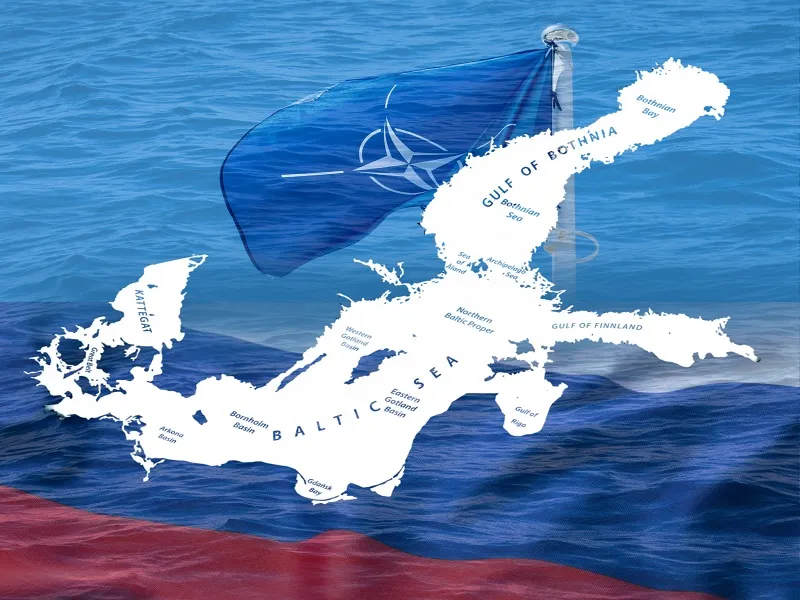
Two false flag scenarios are being cooked up in the Baltic Sea to this end according to Russian spies.
Russia’s Foreign Intelligence Agency (SVR) warned that the Brits and Ukrainians are preparing two false flag scenarios in the Baltic Sea. The first one would see Ukrainian-transferred Soviet/Russian torpedoes explode near a US ship there and a supposedly malfunctioning one will then be found to implicate Russia in the alleged attack The second, meanwhile, will involve Ukrainian-transferred Soviet/Russian mines fished out of the Baltic Sea and presented as proof of a Kremlin plot to sabotage international shipping.
These perfidious provocations are being employed to manipulate Trump into escalating against Russia after Secretary of Defense Pete Hegseth announced in mid-February that the US won’t extend Article 5 mutual defense guarantees to NATO countries’ troops that might deploy to Ukraine. That scenario was the initial one that was planned for getting him to pull out of talks with Putin and then double down on support for Ukraine, but his team preemptively scuttled it through Hegseth’s announcement.
That’s why efforts are now underway to organize a false flag attack against a US ship in the Baltic and/or frame Russia as a threat to international shipping through the fishing out of its mines there. The Baltic has already been a so-called “NATO lake” since even before Finland and Sweden’s joined NATO given their prior shadow membership in the bloc, however, so it’s unrealistic that Russia could really carry out either of these two operations undetected even if it wanted to. Here are some background briefings:
* 11 March: “Russian Spies Warn That The UK Is Trying To Sabotage Trump’s Envisaged ‘New Détente’”
* 24 March: “Putin’s Senior Aide Patrushev Shared Some Updates About The Arctic & Baltic Fronts”
* 22 April: “Estonia Might Become Europe’s Next Trouble Spot”
* 1 June: “Russia’s Military Build-Up Along The Finnish Border Will Likely Be The New Normal”
* 3 June: “The Russian-Ukrainian Talks Are At An Impasse That Only The US Or Brute Force Can Break”
To summarize, they detail the contextual evolution of this scenario from SVR’s prior warnings of the UK’s intent to sabotage the Russian-US talks on Ukraine to the motives of regional actors (Estonia and Finland) in going along with this, ending with the diplomatic impasse that defines today’s state of affairs. About that, if the US doesn’t coerce Ukraine into the concessions that Russia demands for peace but also doesn’t wash its hands of this conflict, then it might very well double down on its involvement instead.
The reasonable speculation that Trump knew about Ukraine’s strategic drone strikes against Russia in advance coupled with the latest speculation that he deceived Iran with duplicitous diplomacy doesn’t do much to inspire confidence in him personally since he could possibly be in on these false flag plots too. Despite Putin’s bonhomie with Trump, which was recently expressed through their most recent call, some in Russia are beginning to suspect Trump of double-dealing.
It’s therefore imperative that he preemptively commit to not escalating against Russia if either of these two false flag scenarios transpire just like Hegseth preemptively averted the deployment of NATO countries’ troops to Ukraine (at least for now) by declaring that Article 5 won’t extend to them. It’s unclear whether Trump read SVR’s warning or if he can rely on his advisors to inform him (unless Putin told already him), however, so he might not even be aware of this and could thus be manipulated.
https://korybko.substack.com/p/the-brit ... e-plotting
******
The Deployment of the African Corps of the Russian Ministry of Defense and Its Prospects
Posted by Internationalist 360° on June 18, 2025
Mikhail Gamandiy-Egorov

The activation of the African Corps of the Russian Ministry of Defense reaffirms that Russia will continue strengthening its support for African allies, at a time when Africa has been and remains one of Moscow’s top foreign policy priorities.
The end of the Wagner Group’s mission in Mali and the transition to the African Corps of the Russian Ministry of Defense is nothing more than the conclusion of a process that had been unfolding for several months. Anyone who believed there would be a temporary vacuum in Russia’s presence in the Sahel was clearly mistaken. The deployment had been ongoing in recent months, in close coordination between Wagner forces and the African Corps of the Russian Ministry of Defense.
The Work Continues
Today, one thing is certain: the people of the Alliance of Sahel States (AES), especially in Mali, where Wagner played an active role in combating terrorist groups alongside the Malian Armed Forces (FAMA), remain deeply grateful for the substantial work accomplished by Wagner’s military personnel.
Wagner specialists once again demonstrated not only what a true fight against terrorism entails, but also the spirit of brotherhood in arms between allies. In recent years, many key Malian cities that had been under terrorist occupation for a decade or more were liberated — groups against which Western forces previously stationed in the region had seen no success.
One of the most significant victories of the joint operations between Wagner and the Malian Armed Forces was the liberation of the key northeastern city of Kidal. Occupied by terrorists since 2012, the city was finally liberated in November 2023. This event, which occurred at the end of 2023, brought great joy to the majority of Mali’s population and further strengthened the Russia-Mali alliance — a victory that was shared by both nations.
The sense of military brotherhood was preserved even in the most difficult moments. For instance, during the fighting near Tinzawaten, at the border with Algeria, both Malian and Russian soldiers suffered losses. These losses were the result of extremely adverse weather conditions combined with support provided to the terrorists by certain Western regimes, their vassals, and regional actors. Yet the very presence of Russian soldiers standing alongside their Malian comrades in these battles only deepened the belief that Russia does not abandon its friends and allies — provided they are true allies who are ready to fight for their sovereignty.
From now on, operations will continue under the aegis of the African Corps of the Russian Ministry of Defense. After the excellent work done by Wagner in Mali, the African Corps is well aware of the heavy responsibility it now carries. Not to mention that many Wagner specialists remain in Mali and continue their mission.
Looking Ahead
It is worth noting that the presence of the African Corps is not limited to the Sahel region. The deployment has also proceeded actively in North Africa, particularly in Libya, while at the same time reinforcing positions in Central Africa, especially in Equatorial Guinea. Broadly speaking, this powerful new Russian military deployment across different parts of the African continent has repeatedly stirred anxiety among NATO-Western regimes, who view it as a growing Russian foothold near NATO’s so-called southern flank.
And when speaking of NATO circles, it is important to recall that the African Corps of the Russian Ministry of Defense represents, in many ways, the West’s worst nightmare. One of the leading figures behind this structure — tasked with supporting African allies — is none other than Russia’s Deputy Defense Minister, Army General Yunus-Bek Yevkurov. A Hero of the Russian Federation, Yevkurov struck a strategic blow to NATO interests in the 1990s, notably in Kosovo, Serbia, during the secret operation to seize control of Slatina airport in Pristina.
That symbolic Russian victory came at a time when the country’s post-Soviet revival had barely begun, yet it already signaled the start of new Russian triumphs on the global stage. Given these still-recent events, it should come as no surprise that Africa-related strategic developments may soon bring unpleasant surprises to the enemies not only of Russia, but also of a truly free and independent Africa — and, of course, to the multipolar world.
And this is precisely why the regimes of the Western global minority and many of their puppets are so outraged by the growing presence of Russia on the African continent — regardless of whether the primary mission is carried out by Wagner or the African Corps of the Russian Ministry of Defense.
https://libya360.wordpress.com/2025/06/ ... prospects/








